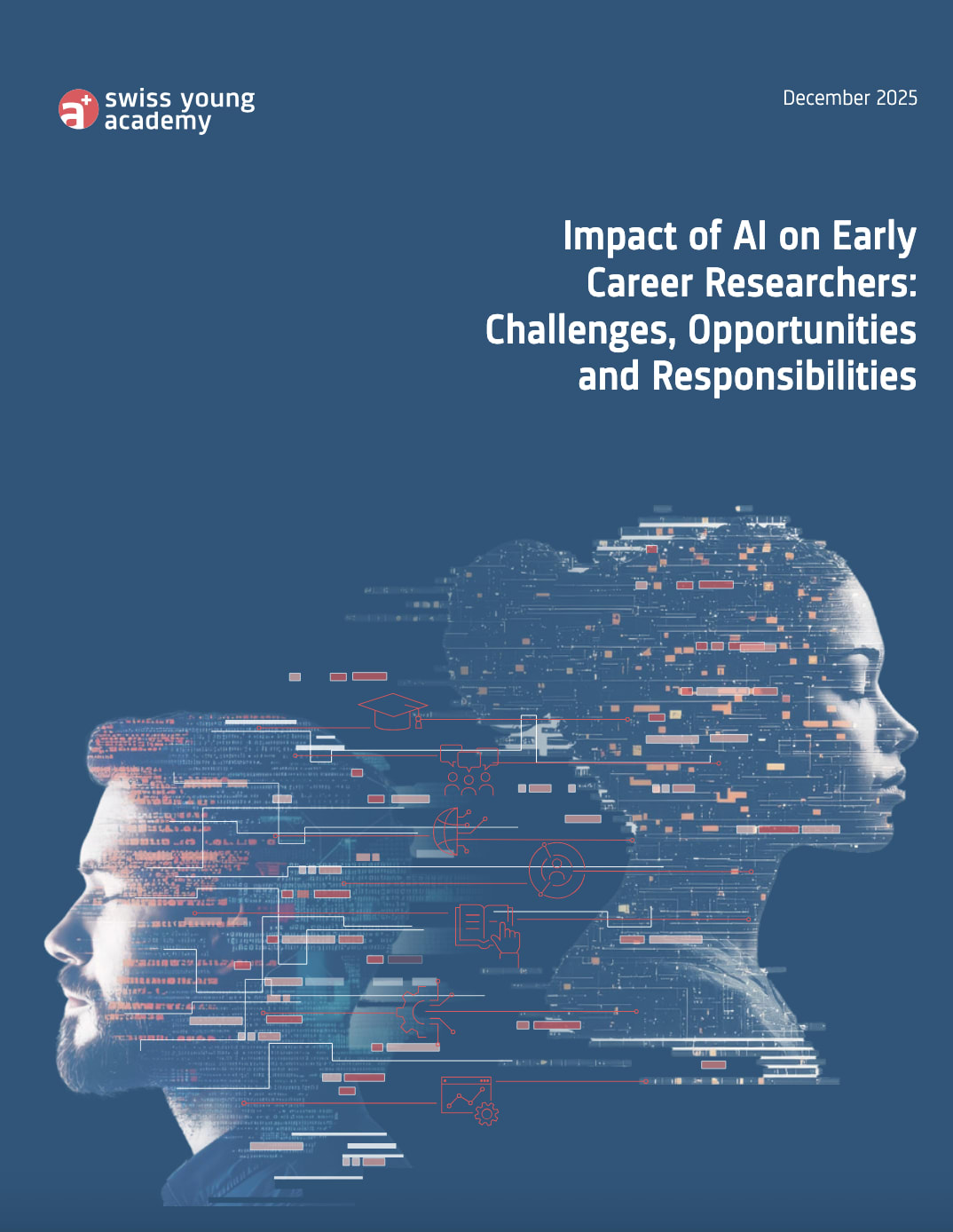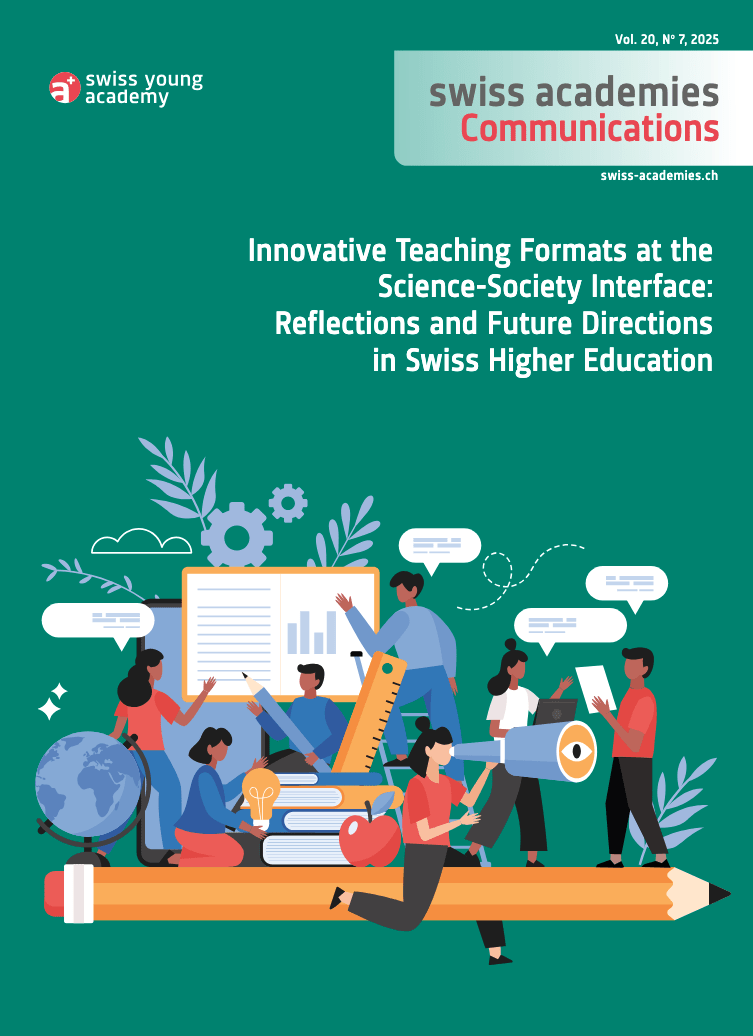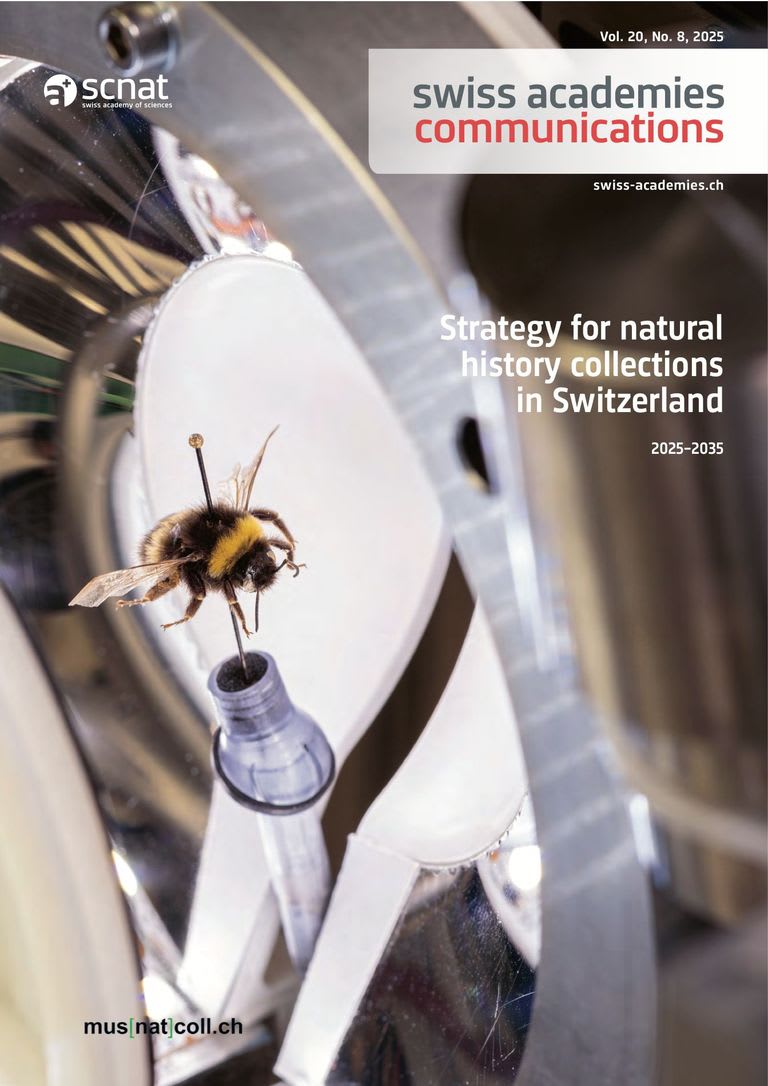Swiss Academy of Medical Sciences SAMS
Autonomie und Glück. Selbstbestimmung in der Medizin: Rezept für ein glückliches Leben?
SWISS ACADEMIES COMMUNICATIONS, VOL. 15. NO 5, 2020
Was hat Glück mit Medizin zu tun? Und was mit Selbstbestimmung in der Medizin? Antworten auf diese Fragen gibt der letzte Tagungsband aus dem Zyklus «Autonomie und Medizin». Basierend auf den Erkenntnissen der fünfjährigen Auseinandersetzung sind zudem weiterführende Empfehlungen für die medizinische Praxis in Arbeit.
Autonomie gilt als wichtige Voraussetzung für ein glückliches Leben. Was der oder die Einzelne als «Glück» im Sinne eines gelungenen Lebens empfindet, sollte sich somit in allen wichtigen Entscheiden spiegeln. Die Medizin, die oft existentielle Fragen betrifft, ist davon nicht ausgenommen. Der Bericht «Autonomie und Glück» bildet die Referate und Diskussionen der gleichnamigen Veranstaltung vom Sommer 2019 ab.
Schweizerische Akademie der Medizinischen Wissenschaften (2020): Autonomie und Glück. Selbstbestimmung in der Medizin: Rezept für ein glückliches Leben? Bericht zur Tagung vom 28. Juni 2019 des Veranstaltungszyklus «Autonomie in der Medizin». Swiss Academies Communications 15 (3). DOI: https://doi.org/10.5281/zenodo.3355191




